Lack Of Air Pollution Data Puts Indians At Environmental Health Risk
The report highlighted that outdoor air pollution leads to an estimated 4.2 million deaths every year worldwide; more than Ebola, HIV/AIDS, tuberculosis and malaria combined (2.7 million).
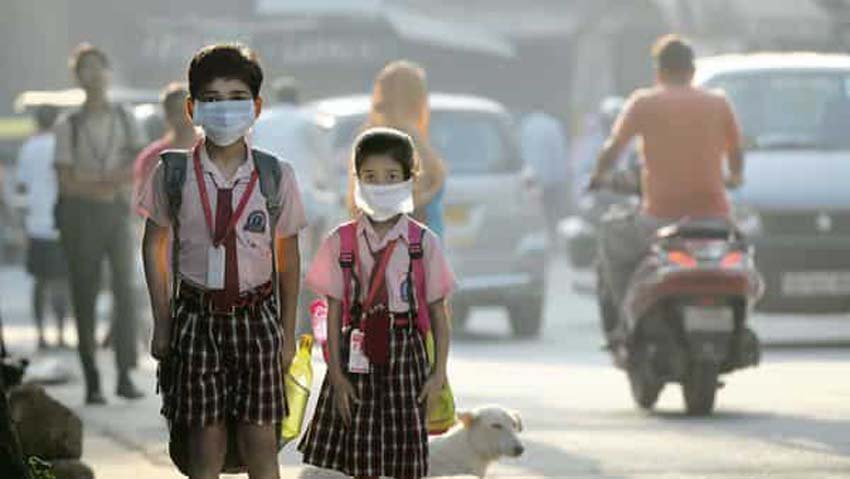
Photo: HT
NEW DELHI: India is among seven countries that does not share air pollution data in a fully transparent manner despite it being termed as “the greatest environmental risk to health" by the World Health Organization (WHO), OpenAQ, a Washington-based international NGO said in a report on Thursday.
The report highlighted that outdoor air pollution leads to an estimated 4.2 million deaths every year worldwide; more than Ebola, HIV/AIDS, tuberculosis and malaria combined (2.7 million). This information vacuum, the report said, is preventing people from demanding action from their governments to tackle the biggest environmental risk to health, and changing their behaviour.
Over half of the world’s population has no access to official government data on air quality, despite the fact that nine out of 10 people breathe air containing high levels of pollutants, according to WHO. The research supported by scientists at NASA, examined 212 countries using the OpenAQ system and revealed a huge global inequality in access to information about air quality.
The 13 most populous countries (4.2 billion) with populations exceeding 50 million, each, produce real-time air quality data in some format, but not in a fully open manner on a national-level, it added.
“A number of other major powers, such as China, India, Russia, the Philippines, Brazil, Japan and South Africa, do not share the data in a fully open and transparent manner. Making these existing data more open would affect 4.4 billion people in these countries."
The data is used for a wide variety of applications from air quality forecasts by NASA scientists to platforms communicating air quality in India and data-driven media reports by the general public. “51% of countries (109 of 212), in which 1.4 billion people live, do not produce publicly-available air quality data despite it being called “the greatest environmental risk to health" by the WHO. They are also thought to be some of the worst countries for outdoor air pollution, which leads to 4.2 million deaths every year, with 90% of deaths in low- and middle-income countries," the report said.
“We can’t solve the problem of poor air quality, without first understanding how big of a problem it is," Rebecca Garland, principal researcher, Council for Scientific and Industrial Research, a South African research council, said.
The State of Global Air Report 2019, published by the Health Effects Institute (HEI) in association with the Institute for Health Metrics and Evaluation (IHME) at the University of Washington, the University of British Columbia, and the University of Texas, Austin, released in 2019, had said that exposure to outdoor and indoor air pollution had contributed to over 1.2 million deaths in India in 2017.
“Clean air is a basic right, yet air pollution causes one in every eight deaths across the planet. It is clear that governments need to urgently prioritize air pollution action, and providing open data is a key first step, “ said Jane Burston, executive director, Clean Air Fund.
-
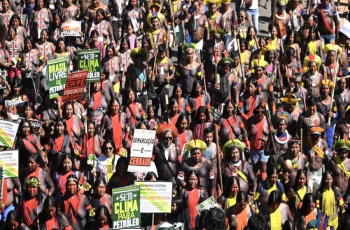
Indigenous people march in Brazil to demand land demarcation
2024-04-24 -
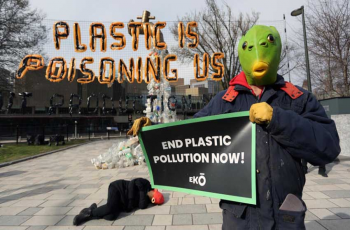
Talks on global plastic treaty begin in Canada
2024-04-24 -
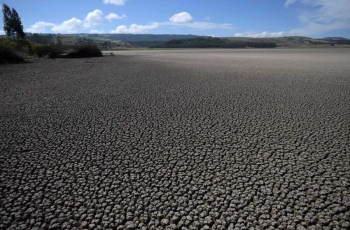
Colombian court recognizes environmental refugees
2024-04-24 -
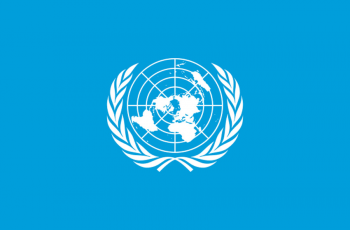
Asia hit hardest by climate and weather disasters last year, says UN
2024-04-23 -

Denmark launches its biggest offshore wind farm tender
2024-04-22 -

Nobel laureate urges Iranians to protest 'war against women'
2024-04-22 -

'Human-induced' climate change behind deadly Sahel heatwave: study
2024-04-21 -

Moldovan youth is more than ready to join the EU
2024-04-18 -

UN says solutions exist to rapidly ease debt burden of poor nations
2024-04-18 -
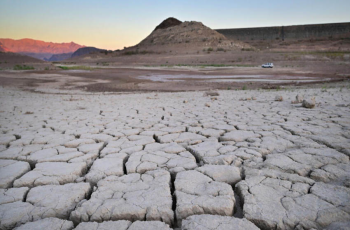
Climate impacts set to cut 2050 global GDP by nearly a fifth
2024-04-18
